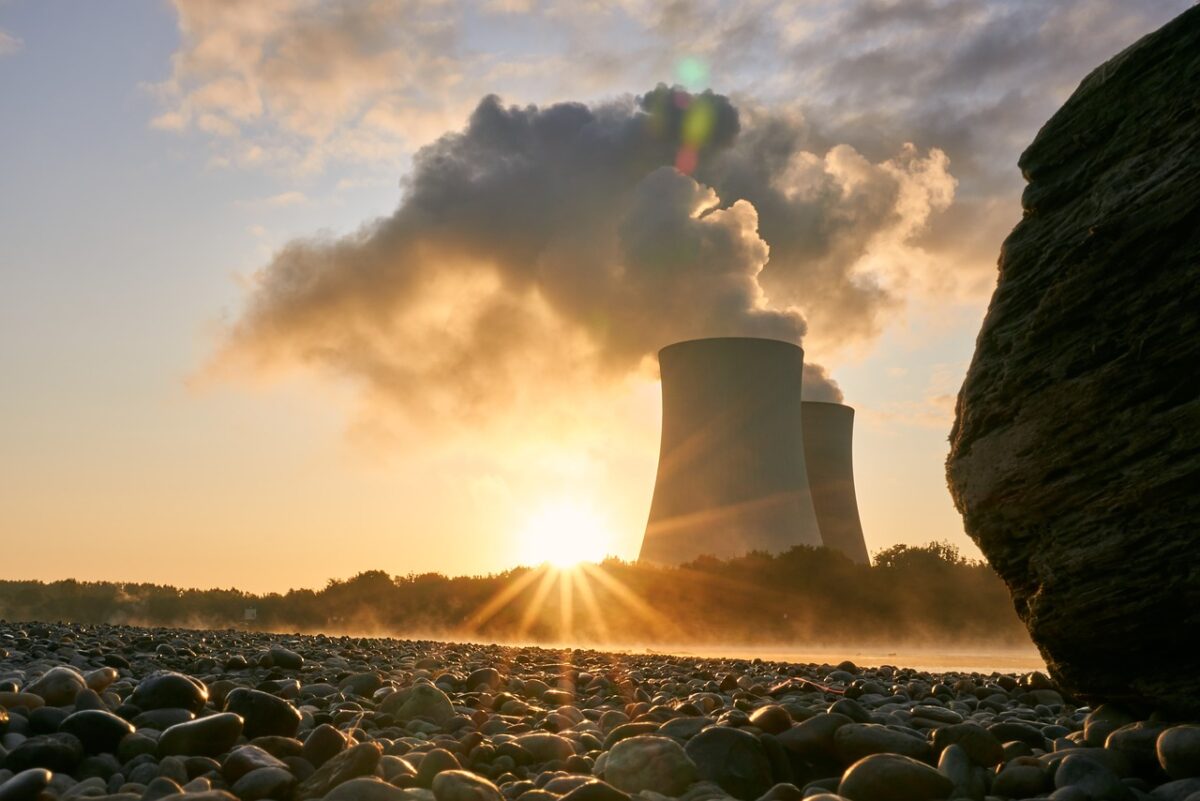- cross-posted to:
- world@lemmy.world
The question has always been what does one do when the renewables aren’t providing enough power (ex: nights, etc). The current solution is natural gas. It would be a big improvement if we would use a carbon-free source like nuclear instead.
Pumped-storage hydroelectricity is an old and proven method for load balancing intermittent power sources. Would like to see more of that as geography permits.
Nuclear is a terrible fit for peaker plants, that’s not how it works. If it isn’t selling energy at as close to 100% of the time as is feasible it’s losing money.
Chasing profit is how we got here. This shouldn’t be the basis of the decision. If it’s the only thing we can use to drag conservatives along though, I guess it’ll have to do.
It’s not about chasing profit though, it’s about getting to net zero as quickly as possible using finite resources. Any money that goes to nuclear could be going to renewables, which would get us there more quickly.
Any money that goes to nuclear could be going to renewables, which would get us there more quickly.
That’s a false dilemma. Nuclear and renewables provide different things, so they shouldn’t be compared directly in an “either or” comparison, and certainly not on cost. Nuclear power provides a stable baseline, so you don’t have to rely on coal/gas/diesel powered generators. Renewables cheaply but opportunistically provide power from natural sources that may not always be available but that can augment the baseline. The share of renewable energy in the mix is something engineers should figure out, not “the market”.
Also, monetary cost shouldn’t be the only concern. Some renewables have a societal cost too, for example in the amount of land that they occupy per kWh generated, or visual polution. I wouldn’t want to live within the shadow flicker of a windmill for example.
baseline
Base load. Here’s an argument that we don’t need it: https://cleantechnica.com/2022/06/28/we-dont-need-base-load-power/
There’s an interesting point buried at the end of that article: electricity quality. With batteries in the loop, supply can scale with demand almost instantly, versus the time it takes for various types of power plant to adjust output.
I wonder if this has any impact on another piece of the puzzle, high voltage direct current (HVDC) which we need to transport electricity over large distances with minimal loss.






